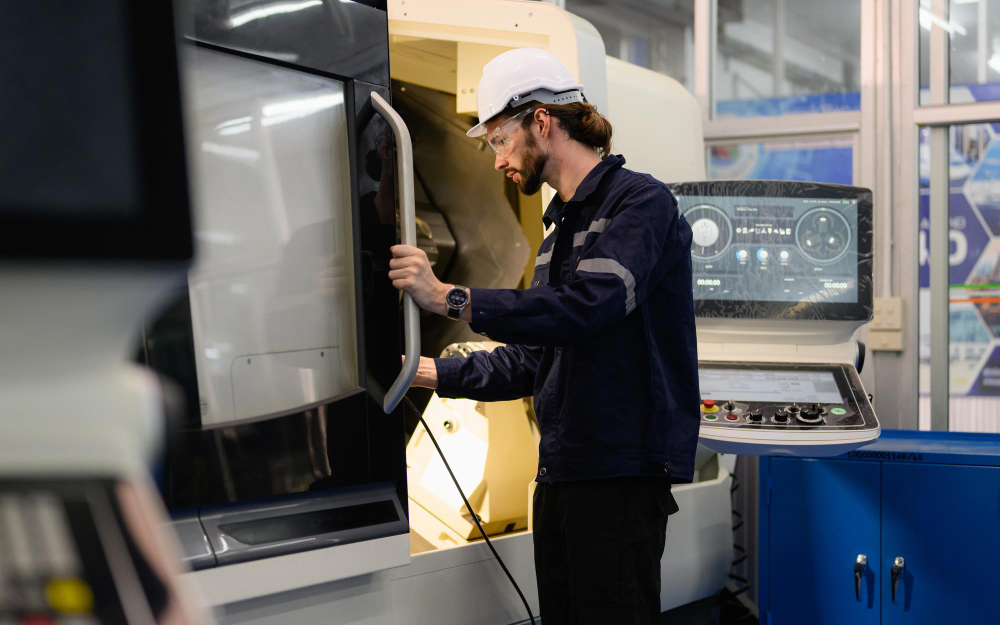Professional Roles in the Precision Mechanics Workshop
The rapid spread of automation in production processes and technological advancement has highlighted the growing difficulty in finding qualified personnel in the job market with the technical skills required to operate effectively in a precision mechanics workshop. These new technologies, while enhancing business competitiveness, also demand that human resources possess high-level technical abilities.
The Demand for Specialized Technical Professionals
Precision mechanics workshops, known for their production efficiency and high
level of technological innovation, not
only have the ability to create new jobs but also represent a significant
opportunity for both qualitative and
quantitative growth in the sector. In these facilities, the demand for highly
specialized professional profiles is
particularly high.
Operators are often required to manage complex production processes and cycles,
ensuring high standards of
efficiency and quality. In addition to traditional roles, mechanical companies
seek specific expertise in the
operation and control of Computer Numerical Control (CNC) machines, playing a
crucial role in the entire production
process.

